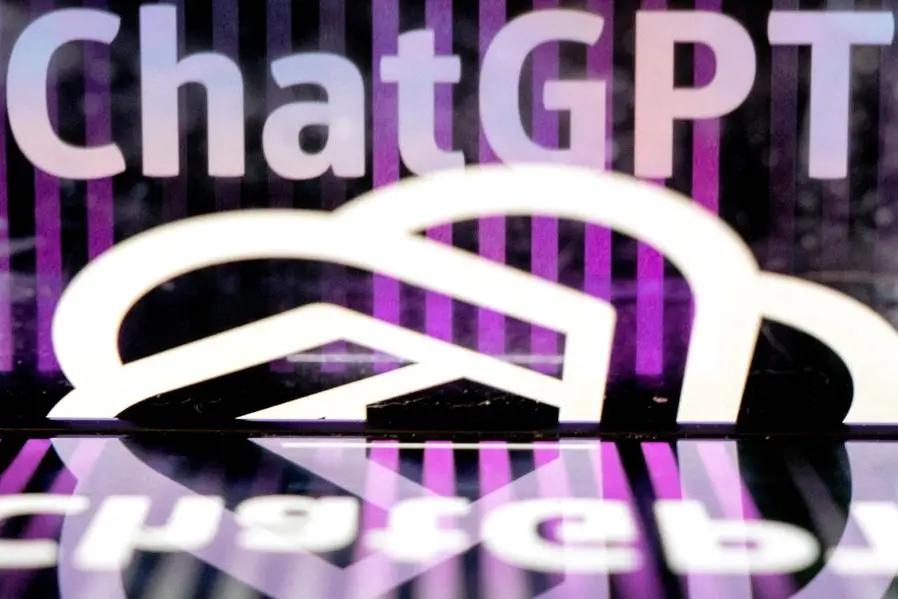PHOTO
The field of technology law has seen significant growth over the past few years in South Africa. With the rapid pace of technological advancements and the increasing reliance on technology in various industries, the legal system must keep up with these changes. In this article, I will explore the future of tech law in South Africa.
The Protection of Personal Information Act (PoPIA)
One of the areas where technology law is likely to see development in South Africa is the regulation of data privacy. The Protection of Personal Information Act (PoPIA) protects personal information and regulates the processing of personal data. However, with the rise of big data and the increasing use of technology in various industries, the legal framework surrounding data privacy will likely evolve in the coming years. This may include changes to PoPIA itself, as well as new legislation and case law that addresses emerging issues in data protection. These issues include, but are not limited to –
- Cross-border data transfers: One of the emerging issues in data protection in South African law is the regulation of cross-border data transfers. Under PoPI, personal information may only be transferred to a foreign country if that country has adequate data protection laws in place or if the data subject consents to the transfer. However, determining whether a country has adequate data protection laws is a complex and subjective process. As a result, many organisations are struggling to comply with this requirement. Additionally, the requirement for data subject consent may not always be practical, particularly where large volumes of personal information are involved.
- Data breaches: Another emerging issue in data protection in South African law is the regulation of data breaches. PoPI requires organisations to take reasonable measures to prevent the loss, damage, or unauthorised access to personal information. In the event of a data breach, organisations are required to notify both the regulator and affected individuals. However, there is currently no clear guidance on what constitutes reasonable measures or on the specific notification requirements in the event of a breach. This lack of clarity has led to some uncertainty and confusion among organisations about how to comply with these requirements.
Artificial intelligence (AI)
Another area where tech law will likely see development is regulating artificial intelligence (AI) and machine learning. As AI and machine learning become more widespread, concerns exist about their potential impact on the following areas:
- Privacy: AI and machine learning algorithms require large amounts of data to function effectively, and this data often includes personal information. There are concerns about how this data is collected, stored, and used, and the potential for data breaches or misuse of personal information. There is also a risk that AI and machine learning systems may lead to increased surveillance and monitoring, which could impact individuals' privacy.
- Security: AI and machine learning systems can be vulnerable to cyberattacks, which could compromise their integrity and result in significant harm. There is also a risk that AI and machine learning systems may be used to carry out cyberattacks, such as through automated phishing or social engineering attacks.
- Ethical considerations: There are concerns about the potential for AI and machine learning systems to perpetuate bias and discrimination, particularly against marginalised groups. There is also a risk that AI and machine learning systems may be used for nefarious purposes, such as automated propaganda or manipulation of public opinion.
In South Africa, no specific legislation currently governs the use of AI and machine learning. Therefore, to address these concerns, it is important for South African organisations and policymakers to prioritise privacy, security, and ethical considerations when developing and implementing AI and machine learning systems. This may involve developing robust data protection policies, ensuring adequate cybersecurity measures are in place, and promoting transparency and accountability in AI and machine learning systems.
ChatGTP
The role of ChatGPT in the future of legal research and analysis cannot be overstated. As a large language model, ChatGPT has the potential to revolutionise the way legal research is conducted in South Africa. With the increasing volume of case law and legislation, it can be challenging for legal practitioners to keep up with developments in the field. ChatGPT can quickly and accurately analyse large volumes of legal texts, allowing legal practitioners to identify relevant case law and legislation. Additionally, ChatGPT can assist in legal writing by providing suggestions for legal arguments based on its analysis of previous case law and legislation.
Conclusion
In conclusion, the field of technology law in South Africa is likely to see significant growth and development in the coming years. With the rapid pace of technological advancements and the increasing reliance on technology in various industries, the legal system must keep up with these changes. The regulation of data privacy and AI and machine learning are two areas where tech law is likely to see development. Case law and legislation will be crucial in shaping these technologies' legal frameworks. ChatGPT also has the potential to revolutionise legal research and analysis in South Africa and will undoubtedly play a significant role in the future of tech law in the country.
All rights reserved. © 2022. Bizcommunity.com Provided by SyndiGate Media Inc. (Syndigate.info).





















